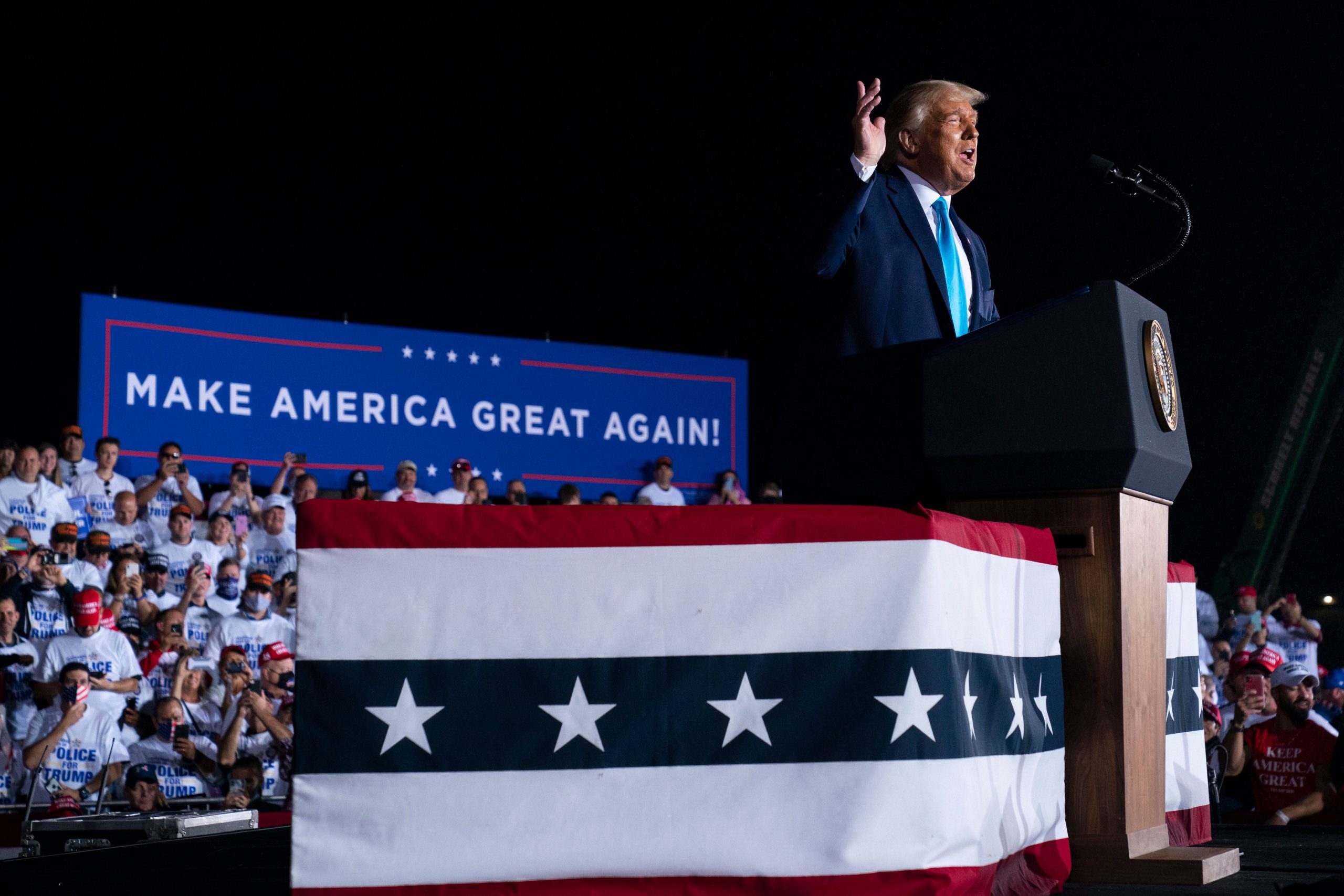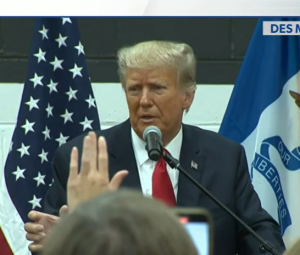Donald Trump’s 2016 presidential campaign tried to dissuade millions of African Americans from voting in the 2016 US presidential election, Britain’s Channel 4 News channel alleged in a report broadcast on Monday, AFP reported.
The channel’s investigative journalists said they got hold of a four-year-old file that contained close to 200 million US voters, who were put into different categories.
They were sent targeted ads on social media, based on the category they were put in.
Among those, more than 3.5 million black Americans were allegedly put into a category dubbed “deterrence” that aimed to push them to abstain from voting.
The channel alleged African American voters, who are largely loyal to the Democratic Party, were disproportionately targeted.
In the state of Georgia, for instance, black people made up 61% of members of the “dissuasion” category when they only represent 32% of the population, according to the investigation.
“It was a strategy that preceded a collapse in the black vote in key states like Wisconsin,” the report said.
Trump’s 2016 digital campaign had included a team from British firm Cambridge Analytica, accused of having collected and used personal data of Facebook users without their consent for political purposes.
Brad Parscale, the campaign’s 2016 digital director, insisted that his team did not target black voters.
“I would say I’m nearly 100% sure we did not run any campaigns that targeted even African Americans,” he told PBS Frontline.
The Channel 4 journalists, however, claimed they saw a confidential document in which Cambridge Analytica recognised having targeted African Americans.
The report further stated that Trump’s campaign used negative publicity against her then-Democratic rival Hillary Clinton, who ultimately lost to Trump in the 2016 election.
Since the 2016 US presidential election and the Brexit referendum, several social media platforms have come under fire for allowing targeted campaigns and fake news to run on their platforms.
For the 2020 US presidential election, social media platforms, like Twitter and Facebook have taken steps to curb election-related false information. Steps include flagging incorrect posts and directing users to the correct information.







